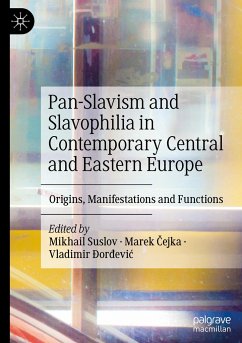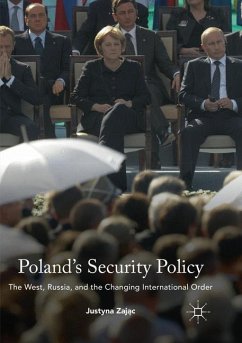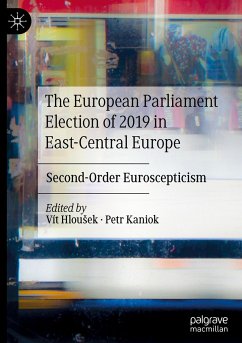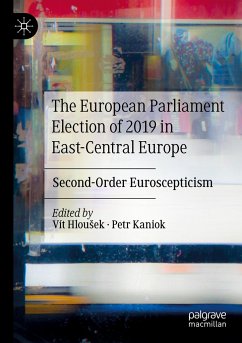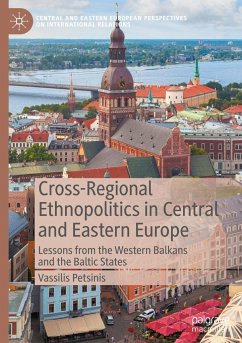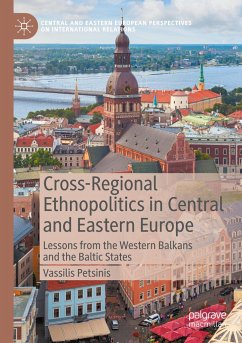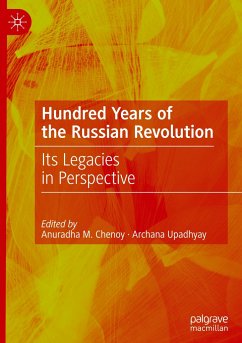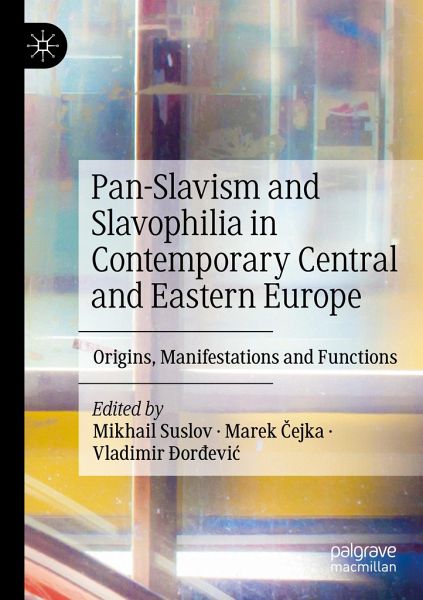
Pan-Slavism and Slavophilia in Contemporary Central and Eastern Europe
Origins, Manifestations and Functions
Herausgegeben: Suslov, Mikhail; Cejka, Marek; Ðor_evic, Vladimir
Versandkostenfrei!
Versandfertig in 6-10 Tagen
113,99 €
inkl. MwSt.

PAYBACK Punkte
57 °P sammeln!
This book explores origins, manifestations, and functions of Pan-Slavism in contemporary Central and Eastern Europe, arguing that despite the extinction of Pan-Slavism as an articulated Romantic-era geopolitical ideology, a number of related discourses, metaphors, and emotions have spilled over into the mainstream debates and popular imagination. Using the term Slavophilia to capture the range of representations, the volume analyses how geopolitical discourses shape the identity and policies of a community, providing a comparative analysis that covers a range of Slavic countries in order to un...
This book explores origins, manifestations, and functions of Pan-Slavism in contemporary Central and Eastern Europe, arguing that despite the extinction of Pan-Slavism as an articulated Romantic-era geopolitical ideology, a number of related discourses, metaphors, and emotions have spilled over into the mainstream debates and popular imagination. Using the term Slavophilia to capture the range of representations, the volume analyses how geopolitical discourses shape the identity and policies of a community, providing a comparative analysis that covers a range of Slavic countries in order to understand how Pan-Slavism works and resonates across geographic and political contexts.





